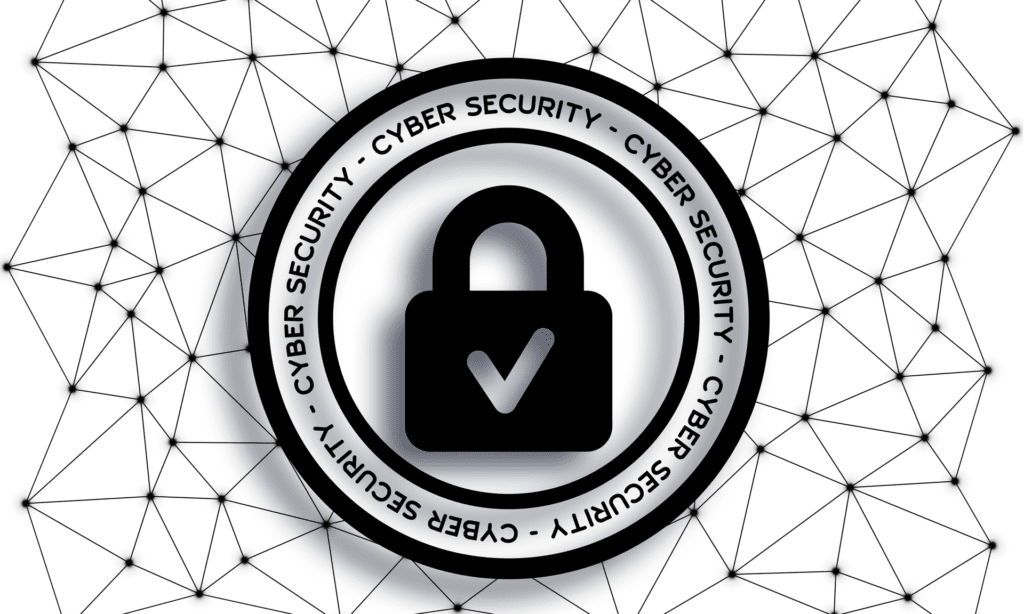
The Cybersecurity Information Sharing Act: Strengthening National Security via Cooperation

One important piece of legislation that aims to strengthen national security is the Cybersecurity Information Sharing Act (CISA), which encourages the public and commercial sectors to share cybersecurity threat intelligence. CISA wants to strengthen defenses against cyber attacks and make everyone’s experience with the internet safer by enabling this information flow. We explore the complexities of CISA, its ramifications, and its significance in the current cybersecurity landscape in this post.
Recognizing the purpose of the Cybersecurity Information Sharing Act

In 2015, the Cybersecurity Information Sharing Act was created to help protect the United States from cyberattacks. This law encourages companies and the government to share information about potential threats so they can work together to stop them. By working together, they can better identify, prevent, and respond to cyberattacks to keep our country safe.
Important CISA Provisions
- Voluntary Sharing: The legislation does not require enterprises to share cyber threat intelligence with other businesses or the federal government, but it does encourage them to do so.
- Protection Measures: If businesses follow the rules, CISA will protect them from getting in trouble for sharing information about threats. This means they can share important data without worrying about getting blamed for it.
- Privacy Safeguards: The legislation mandates that businesses delete any personally identifiable information (PII) prior to exchanging data in order to protect personal information.
The Significance of Cybersecurity Knowledge Exchange

Improving The Detection of Threats
The improvement of threat detection skills is one of the main advantages of CISA. Organizations can learn about possible weaknesses and attack vectors that they would not have discovered on their own by exchanging threat intelligence. This cooperative approach contributes to the development of a more thorough awareness of the threat environment.
Quickening Reaction Times
When organizations share information about potential threats, they can respond quickly to new dangers. It’s important to stop cyberattacks before they cause too much damage, which means spotting them early and acting fast. Instead of just sitting around and waiting for an attack, organizations can be proactive and use the CISA framework to stay one step ahead.
Click here to read more about Cyber Security Average Salary in the USA:
The Advantages of CISA for Companies

Mitigation of Risk
Sharing information can help companies reduce their risk of cyberattacks. By gathering intelligence from different places, businesses can better protect themselves from potential threats.
Improved Standing
Businesses that actively share cybersecurity information show their dedication to security and improve their standing with partners, stakeholders, and customers. This proactive approach may boost confidence in their business practices.
CISA Implementation: Organizational Best Practices

Make definite policies
It’s super important for companies to have clear rules about sharing information. They need to decide what kind of info can be shared, who can share it, and how to keep it safe.
Spend Money on Training
Putting money into cybersecurity training for staff members guarantees that they are prepared to handle sensitive data responsibly and that they recognize the value of sharing information. Staff members may stay informed about current dangers and best practices through regular training sessions.
Utilize Technology
Sophisticated cybersecurity platforms and solutions can make information exchange more effective. Threat intelligence platforms (TIPs) are one example of a technology that may automate the gathering, processing, and sharing of threat intelligence, improving process effectiveness and efficiency.
Conclusion:
The Cybersecurity Information Sharing Act (CISA) is like a shield that helps protect our country from cyberattacks. It encourages businesses to work together and share information about potential threats so they can respond faster and reduce the risk of being attacked. This teamwork is super important because cyber threats are always changing and getting more advanced. Following CISA isn’t just a rule, it’s a smart move for companies that want to keep themselves safe and make the internet a better place for everyone.
FAQS:
CISA’s primary objective is to strengthen the country’s cybersecurity posture by encouraging voluntary information exchanges between government and private sector organizations on cyberthreats.
If a company shares information about cyber threats in a truthful way, they won’t get in trouble under CISA as long as they follow the rules and remove any personal details before telling anyone.
You don’t have to share your information with CISA if you don’t want to. But it’s a good idea for companies to share data to make sure everyone’s cybersecurity is strong.
To preserve individual privacy, CISA contains requirements requiring companies to delete personally identifiable information (PII) prior to exchanging data.
Establishing explicit rules, funding cybersecurity training, and utilizing cutting-edge technology for information exchange are all ways that businesses may successfully implement CISA.


1 thought on “Cybersecurity Information Sharing Act: A Comprehensive Guide”